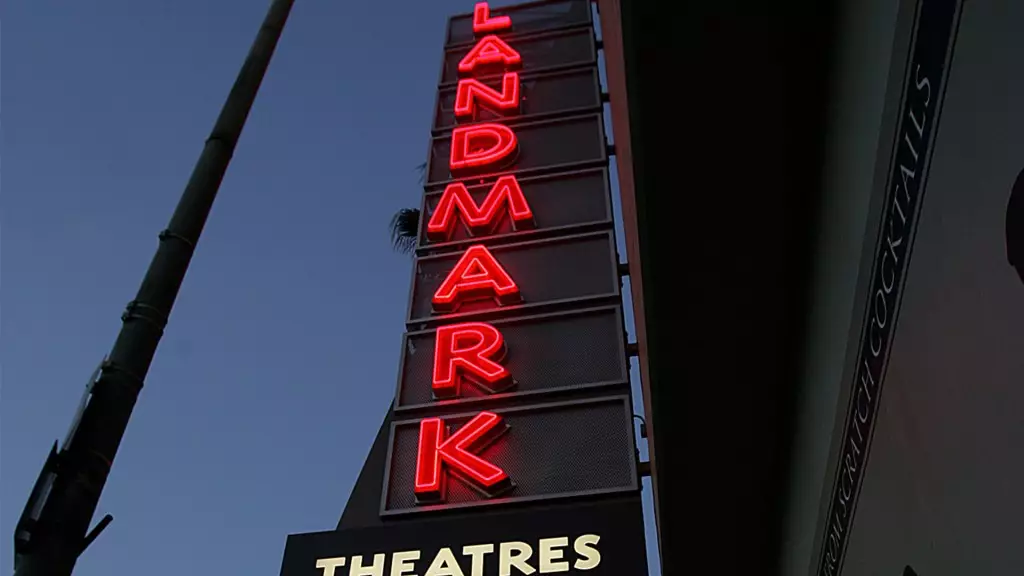In the competitive world of New York real estate, few names command as much attention as Charles Cohen. Recently, Cohen has found himself embroiled in a significant legal battle against Fortress Credit Corp. Following a ruling by the New York State Supreme Court, Cohen was held responsible for a personal loan guarantee amounting to $187 million. This development comes in the wake of a larger contention involving a $530 million loan secured by various properties, with an impending auction date set for November 8.
The saga began when Fortress Credit Corp. filed suit against Cohen, alleging default on a substantial loan linked to his real estate holdings, which include the iconic Landmark Theaters and additional assets. The assets in question are vast, entailing not only the theater chain but also two hotels, a design center, and an office tower, as well as the British arthouse chain Curzon. If it proceeds, the auction is anticipated to be one of the largest transactions recorded in New York’s real estate history under the Uniform Commercial Code.
On the ruling’s heels came the Supreme Court’s decision that found Cohen liable for his personal guarantee. Legal experts have noted that this judgment not only places financial strain on Cohen but could also significantly impact his business reputation within a notoriously cutthroat industry. The court’s decision stemmed from Fortress’s insistence that Cohen could not substantiate claims of a prior agreement to modify the terms of the loan, a claim further supported by the presiding judge.
Cohen’s legal team argues that a series of email exchanges between the involved parties indicated an intention to extend the loan—a claim that Fortress and the judge countered as non-binding and lacking clarity. This aspect of the case highlights a critical tension: the discrepancy between Cohen’s assertion of an informal agreement and the legal scrutiny of those communications’ effectiveness.
In response to this adverse ruling, Cohen’s recent filing of an appeal signals his determination to contest the court’s decision. The notice to the Appellate Division, First Judicial Department serves as a pivotal step in his attempts to navigate the legal landscape that has become increasingly precarious. Cohen has six months to file a formal appeal, and while the appeal may not obstruct the upcoming auction, it underscores his pursuit of a more favorable outcome—one that could potentially alleviate the financial burden imposed by the court’s ruling.
As the auction date looms, the implications of this legal battle extend beyond Cohen’s immediate financial responsibilities. How this case unfolds could influence future lending practices, as financial institutions may reassess the clarity and binding nature of agreements made through informal channels such as emails.
The ongoing confrontation between Charles Cohen and Fortress Credit Corp. serves as a gripping narrative of high stakes real estate in New York. With millions on the line and reputations at risk, this case represents not only an individual struggle for Cohen but a larger commentary on the complexities intertwined within the world of property financing. As the November auction approaches, all eyes will be on the outcome—the ramifications of which could reverberate throughout the industry’s future dealings.

